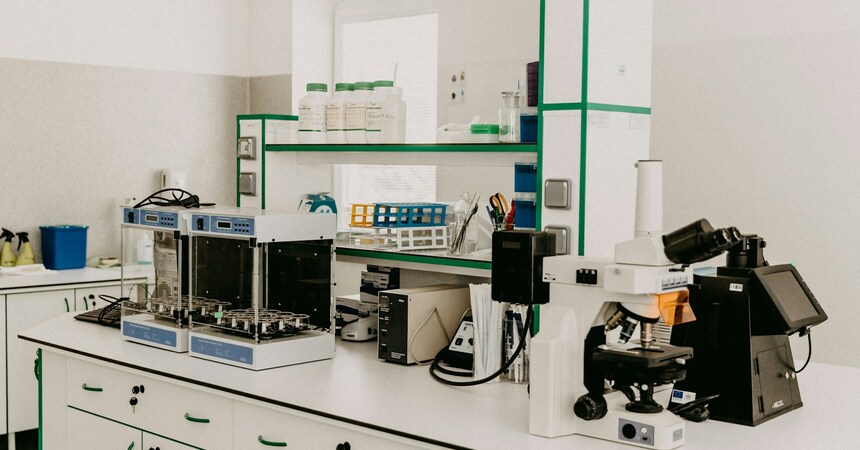Selecting a laboratory for international testing is a crucial step for successfully introducing your products to global markets. Here are some key tips to assist you in this process.
Identify Applicable Standards
Before choosing a laboratory, it's important to clearly understand which international standards your product must comply with. The laboratory should be capable of conducting tests according to these standards and hold the necessary accreditations.
Check Laboratory Accreditation
Ensure that the laboratory is accredited by reliable international bodies. This will guarantee that the test results are recognized in other countries and help avoid certification issues.
Research Reputation
Evaluate the laboratory's reputation. Look for reviews from other clients and find out how the laboratory fulfills its commitments. This will prevent potential problems related to poor-quality testing.
Ensure Professional Skills
Check if the laboratory has the necessary experience and professional skills to conduct specific tests for your product. At this stage, it's vital that the laboratory specialists have an understanding of various regional nuances and requirements.
Consider Logistics
Streamline the logistics of sample delivery to avoid delays and additional costs. For example, using plastic pallets can eliminate the need for phytosanitary certificates.
Assess Additional Services
Some laboratories offer additional services, such as documentation preparation and consulting on standardization. This can significantly simplify the certification process for your product and reduce risks.
Conclusion
Choosing the right laboratory for international testing will not only ensure compliance with international standards but also expedite your entry into new markets. By following the above recommendations, you will create conditions for successfully obtaining all necessary certifications and confidently promoting your product on the international stage.
